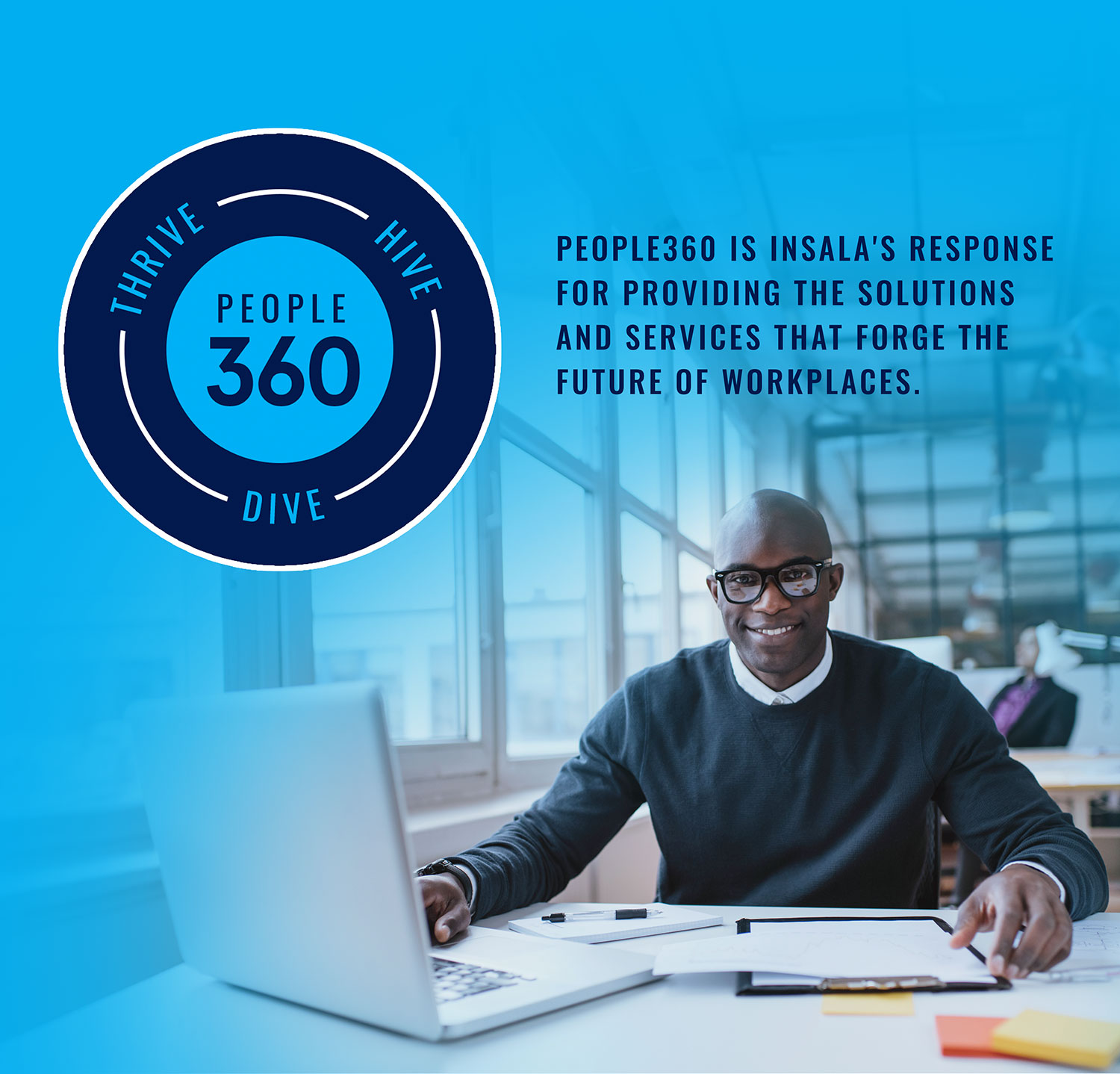How To Find The Right Mentor For You
How To Find The Right Mentor For You Having the guidance and ...
Read more
When implementing a mentoring program, a key element to success is recruiting qualified mentors. Mentors are individuals who are willing and able to share their knowledge and experience with mentees. Mentors make the mentoring relationship a priority and are fully engaged with their mentee.
To get the right people involved in the mentoring program, there are strategic steps you should take to market your organization’s mentorship program. While most recruiting challenges can be avoided with a detailed marketing plan, sometimes things come up that you don't expect. In this blog we outline some of those challenges along with possible solutions.
Below we will review a few challenges organizations face when recruiting mentors. As you resolve these recruitment challenges at your organization, take note and add necessary elements to your program’s marketing and recruitment plan. This will improve ongoing recruitment efforts and recruitment for future cohorts.
If you’re experiencing this challenge, first take a step back and consider a few things:
The solution:
We recommend recruiting mentors before recruiting mentees. Building a pool of qualified mentors first allows for a more streamlined matching process once you recruit mentees. Additionally, this can inform how many mentees you can allow into the program.
If your mentoring program is in its infancy, start small with the focus on quality over quantity. If your program is more established and recruitment is getting stale, evaluate how you continually promote the program. Ask current and former participants to share success stories in video or written form to show the impact of the program over time.
This typically occurs because of lack of understanding about what the role of mentor requires or they don’t understand the value of the program. When developing messaging for potential mentors, it is important to anticipate concerns and get ahead of them.
A perspective mentor may think that being a mentor is a life-long commitment and they do not want that obligation. Most organizations have a specific timeline set for their mentoring programs of anywhere from 6 to 12 months. If an individual considering becoming a mentor realizes that the length of the partnership is limited, they may be much more willing to consider the role.
The solution:
Clearly define the benefits of mentoring and what is expected of mentors in recruitment messaging. Providing mentors with a set of clear objectives, expectations, obligations, and role description makes recruitment more successful for both the organization and for mentors themselves.
Here are a few other tips for making the program more appealing to potential mentors:
There are going to be times when the individuals you are recruiting have little or no experience as a mentor. Mentors are willing and able to share their knowledge and experience with others. By volunteering mentors are showing their willingness, but you may still wonder if they are able or ready for the role of mentor.
The solution:
We recommend training all mentoring participants: mentors, mentees, and even managers. Train mentors to prepare them for their role and provide them with information and resources to ensure overall and individual success. Train mentees so all participants fully understand their role and responsibilities. Providing managers of mentees with training or information about the program establishes expectations and boundaries for managers and mentees regarding the mentoring engagement.
Sometimes people aren’t ready to mentor because they need training. Other times they are not the right mentor for the specific program. The objectives of your mentoring program inform who you need to target in your mentor recruiting efforts.
The solution:
Determine the criteria mentors should meet to participate in the program in the early planning stages. One of the best ways to determine the right audience to target when recruiting is to examine your program goals and consider who has the personal or professional experience to support mentees and the program objectives.
Some target audience examples include:
No matter what challenge you face, Insala is ready to help. With 25+ years of mentoring consulting and mentoring software implementation experience we can help you find a solution. Book a meeting with our experts today to see how Insala can help you see program success.
Judy is the Director of Consulting and Mentoring at Insala. She has over 30 years of experience providing customized human resources consulting services to medium to large organizations across a variety of industries. In the area of mentoring, Judy has designed and delivered workshops, training, and a complete mentoring methodology. Judy’s mentoring process is the foundation of Insala’s mentoring solution we know today. Her thought leadership articles have been published in journals such as The Diversity Journal and Industrial and Commercial Training and she has spoken at many conferences throughout her career.

How To Find The Right Mentor For You Having the guidance and ...
Read more
How To Establish A Successful Corporate Mentoring Program
Read more
How Mentoring Is Helping Solve The Labor Shortage The labor shortage has become a pressing issue for businesses across industries, with ...
Read more
Now Is The Time To Start Your Mentoring Program In today's ...
Read more
7 Tips To Improve Your Corporate Mentoring Program Corporate ...
Read more

People360 is a pioneer and industry leader recognized by Global 1000 and Fortune 500 companies and associations internationally, for 28+ years as a leader in Career Management, Mentoring, Coaching, Career Transition, Alumni Software solutions and People Analytics.
© 2025 People360. All rights reserved. Privacy Policy